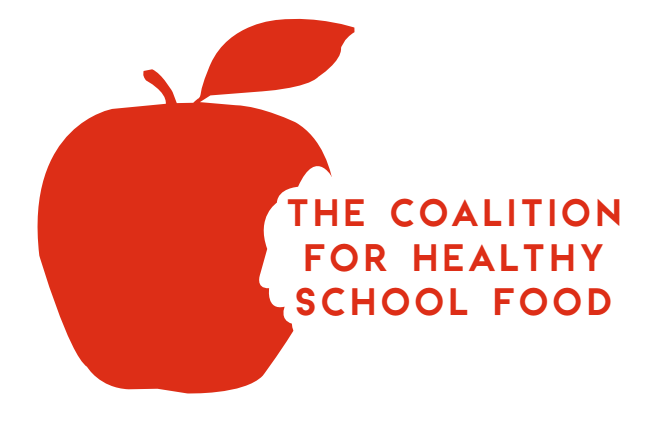Federal Budget Falls Behind on School Meal Funding

Alberta, G-7 Countries Lead the Pack, while Feds Remain Inactive

For immediate release
OTTAWA/TORONTO, March 22, 2016: The Coalition for Healthy School Food is a network of 32 non-profit groups from every province and the North that seeks a financial investment by the federal government in a cost-shared Universal Healthy School Food Program to serve a healthy meal or snack at little or no cost to students daily. The Coalition’s response to the 2016 federal budget is:
Today is not a red letter day for funding of school food programs. Canada remains one of the only industrialised countries without a national school food program. As a consequence, Canadian children are facing needlessly low health and educational outcomes. The federal budget acknowledged that “The cost of living for some Canadian families has continued to rise…for things needed today—like healthy food”; increased annual transfers to provinces to $49 billion; and promised investments in First Nations communities totaling $8.4 billion over five years for education and social infrastructure, including an expansion of Nutrition North (approx. $14 million annually, long-term). But it failed to specifically earmark funds for healthy school meals. The Minister noted talks with the provincial and territorial health ministers to renew the health accord this year.
Canadian children face serious challenges related to their diets: only one-third eat enough fruits and vegetables, one-third of primary students and two-thirds of secondary students go to school without a nutritious breakfast, and one-quarter of calories consumed by children are from foods not recommended in Canada’s Food Guide. Conversely, children who partake in healthy school food programs show a higher intake of fruits and vegetables, increased physical and mental health, and increased educational outcomes.
Public funding for school meals is the norm internationally and gaining traction in Canada. Finland, Brazil, India, Belgium, the United States, Japan, the United Kingdom and dozens of other countries run publicly funded school meal programs. The U.N. World Food Program reports that school meal programs supported by donor assistance from countries like Canada are funded entirely by host governments once their average daily Gross Domestic Product exceeds $10 per capita, a pittance compared to Canada’s.
Some provinces are taking a lead on this issue: the Alberta government has committed to a substantial investment of $60 million per year by the third year of phase-in, and Ontario Minister of Finance Charles Sousa recently spoke glowingly about his province’s modest investments in school meals at a federal-provincial meeting of finance ministers. The House of Commons Standing Committee on Finance recommended the creation of a national school nutrition program in 1997 and the Ontario Healthy Kids Panel did in 2013. An extra tax on sugar-sweetened beverages (as implemented recently in the UK and Mexico) could raise $1.8 billion per year in Canada, at least part of which could be allocated to a universal healthy school food program. Likewise, GST/HST rules that tax fresh fruit salad but exempt Froot Loops, are ripe for reform and fodder for Minister Morneau’s “review of the tax system to determine whether it works well for Canadians, with a view to eliminating poorly targeted and inefficient tax measures.”
The Coalition looks forward to working with federal, provincial, territorial, and Indigenous leaders to make school nutrition a priority in this and future budgets. We applaud the investment in social infrastructure and Indigenous education and are hopeful some of these resources will find their way to school food programs. We believe that investment in school meals is a prudent use of public funds and could help lead to improvements in productivity and reduced long-term health care costs.
-30-
For further information, contact:
Sasha McNicoll, Coalition for Healthy School Food (Toronto) at 647-770-8388 or schoolfood@foodsecurecanada.org
Bill Jeffery, Centre for Health Science and Law (Ottawa) at 613-565-2140 or billjeffery@healthscienceandlaw.ca
- Log in to post comments


Comments
Digital Ali
No doubt this is an excellent post I got a lot of knowledge after reading good luck. Theme of blog is excellent there is almost everything to read, Brilliant post. soap 2day
전설
I am thankful to you for sharing this plethora of useful information. I found this resource utmost beneficial for me. Thanks a lot for hard work. buy Pinterest PVA
전설
I appreciate everything you have added to my knowledge base.Admiring the time and effort you put into your blog and detailed information you offer.Thanks. hannover schlüsseldienst